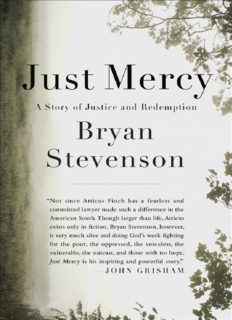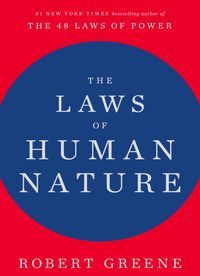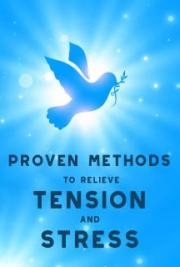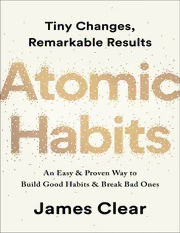
 One World; Reprint edition
One World; Reprint edition
Just Mercy – A Story of Justice and Redemption(PDF)
A stirring and stylish legal drama, Just Mercy is a deeply moving depiction of the injustices that plague our criminal justice system. The film follows Bryan Stevenson, an attorney who founded the Equal Justice Initiative in 1989 to represent those wrongfully convicted and incarcerated. This is the story of one of his most compelling cases, that of a man named Walter McMillian, who was railroaded by a corrupt and incompetent Alabama court system and sentenced to death for a murder he never committed.
The movie opens with the harrowing scene of McMillian in a white jumpsuit sitting across from his lawyer Bryan Stevenson in the stark, clinical environment of an Alabama death row cell. It is an image that will stick with audiences long after they leave the theater, capturing the essence of the injustice in this film and in the criminal justice system in general.
The film then traces Stevenson’s evolution as a lawyer, showing how he began by representing the poor and wrongfully condemned but ended up becoming increasingly interested in the broader structural problems of our criminal justice system. This shift can be seen in his work on the case of McMillian, which draws him into a tangled web of political machination and legal brinksmanship that ultimately transforms his view of justice and mercy.
It is this deeper perspective that makes Just Mercy so important and such a success, a film that takes the tragedy of one individual’s conviction, incarceration, and impending execution and aggregates it into a much larger narrative about unfairness in our justice system. The issues that are raised in this movie — DNA evidence exposes false convictions, our sentencing laws look draconian and disproportionately impose death penalties on minorities, eyewitness testimony is often unreliable, and the prevalence of women and children in prison — all speak to fundamental inequalities in America.
Aside from the specific examples that are used to illustrate these issues, Just Mercy is also a book about hope and redemption. It is about how even the most broken people can find their way back and begin a new chapter in their lives. It is about how the good in people can outweigh the bad and the ways that we as a society can come together to address these issues.
-Bryan Stevenson, director of Just Mercy
The book, and the movie that is based on it, centers around your efforts to get innocent death row inmates off the list. This includes many who had sham or no representation before you took the case. Was it difficult to watch this version of the story and relive some of those awful experiences?
It was difficult to watch some of the incredibly traumatic experiences that happened for these individuals, especially when the stories involved children like Trina Garnett. It made me want to take action and do whatever I could to help change the system and make it fair for all of our citizens.





